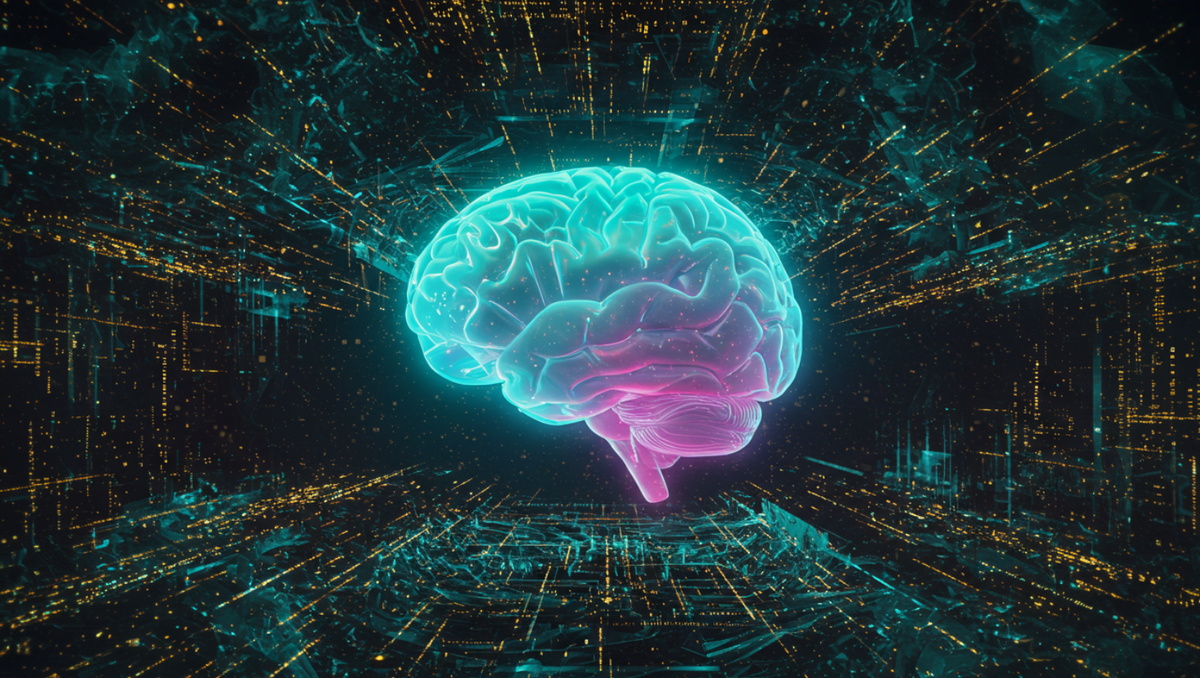Education in Crisis: AI Tools Forcing Fundamental Rethink of Learning

"How do we ensure students still develop foundational cognitive and meta-cognitive skills? How do we redefine assessment and cheating policies in an AI-enabled world?" These aren't hypothetical questions for some distant future—they represent immediate challenges facing educators right now, according to a groundbreaking new report.
End of Miles reports these questions emerge from a newly released Anthropic Education Report analyzing one million anonymized student conversations with AI assistant Claude, providing one of the first large-scale studies of how students are actually using AI in higher education.
AI Taking Over Higher-Order Thinking
The most alarming finding shows students primarily use AI for tasks involving higher-order thinking skills rather than basic cognitive functions. The report found AI predominantly performing creating (39.8%) and analyzing (30.2%) functions—precisely the advanced cognitive skills educators have long worked to develop in students.
"There are legitimate worries that AI systems may provide a crutch for students, stifling the development of foundational skills needed to support higher-order thinking. An inverted pyramid, after all, can topple over." Anthropic Education Report
This inversion of traditional learning hierarchies challenges fundamental assumptions about how education progresses. Typically, students build from basic knowledge toward complex synthesis and creation. The data suggests AI may be short-circuiting this process.
Cheating Evolution
The research also uncovered concerning examples of students using AI in ways that undermine academic integrity. Nearly half (47%) of student-AI conversations were characterized as "Direct"—seeking answers or content with minimal engagement. The researchers found students using AI to "provide answers to machine learning multiple-choice questions," "provide direct answers to English language test questions," and "rewrite marketing and business texts to avoid plagiarism detection."
These patterns raise profound questions about how educational institutions should respond. Assessment systems designed for the pre-AI era may no longer effectively measure actual student learning or skill development.
"As model capabilities grow and AI becomes more integrated into our lives, will everything from homework design to assessment methods fundamentally shift?" Anthropic researchers
Redefining Education's Purpose
What makes this moment particularly challenging is that AI tools are being adopted unevenly. Computer Science students are dramatically overrepresented (36.8% of conversations despite being only 5.4% of degrees), while Business, Health, and Humanities students significantly lag behind.
The research team acknowledges their findings don't fully address the "profound changes happening in education," noting, "AI is making educators' lives more challenging in all kinds of ways, and this research doesn't fully capture them."
Perhaps most significant is the existential question the report poses about the fundamental purpose of education: "What does meaningful learning look like if AI systems can near-instantly generate polished essays, or rapidly solve complex problems that would take a person many hours of work?"
The study authors conclude these findings contribute to ongoing discussions about ensuring "AI deepens, rather than undermines, learning." In response, Anthropic is experimenting with a "Learning Mode" that emphasizes the Socratic method and conceptual understanding over direct answers.
Yet the broader questions remain unanswered: how will we teach, learn, and assess in a world where machines can think for us?





